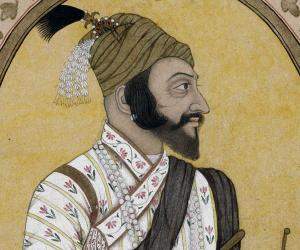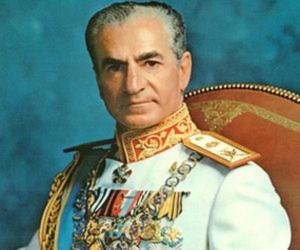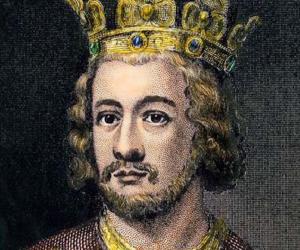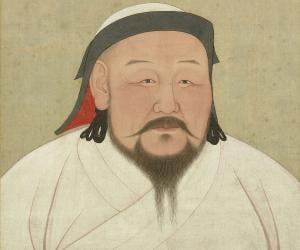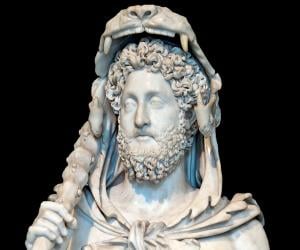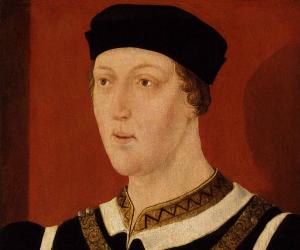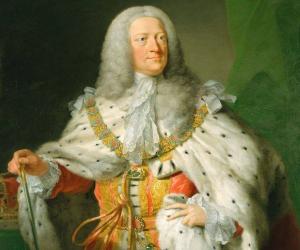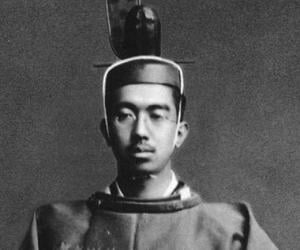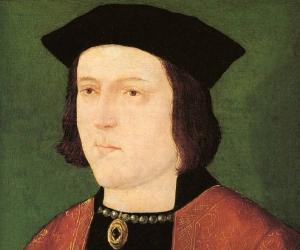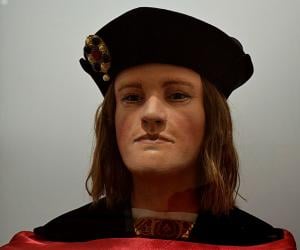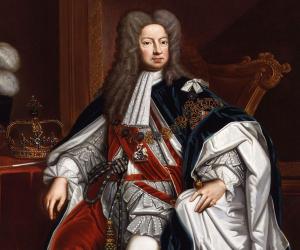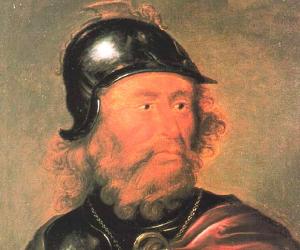Chhatrapati Shivaji Maharaj was a legendary Maratha king, who established the Maratha kingdom in western India. Brought up under the able guidance of his mother and his father’s administrator, Dadoji Konddeo, he became a brave and powerful warrior, with military training in various fighting techniques. He plunged into conquests of forts and territories at the young age of 16, carrying out a number of successful expeditions. However, his combat with Bijapur Sultan’s general, Afzal Khan, at the Battle of Pratapgarh was his major blowout, following which he defeated the bigger forces of Bijapur at the Battle of Kolhapur, thereby establishing the Maratha dominance in the western region. His conflicts with the Mughal Empire resulted in the seizure of Pune, though he was later suppressed by the Mughal army, forcing him to sign the Treaty of Purandar and surrender a large number of his fortresses, followed by his arrest upon being invited at Agra. However, he escaped and avenged his defeat by recapturing the capitulated forts. Besides the Deccan, he also brought a number of provinces in South India under his reign. He crowned himself as the king of the Maratha kingdom and took upon the title Kshatriya Kulavantas Simhasanadheeshwar Chhatrapati Shivaji Maharaj
Indian Celebrities Born In February
Also Known As: Shivaji Bhonsale I, Chhatrapati Shivaji Maharaj
Died At Age: 50
Spouse/Ex-: Gunvantibai, Kashibai, Laxmibai, Putalabai, Sagunabai, Sai Bhosale, Sakvarbai, Soyarabai
father: Shahaji
mother: Jijabai
siblings: Ekoji I, Sambhaji Shahaji Bhosale
children: Ambikabai Mahadik, Deepabai, Kamlabai Palkar, Rajaram Chhatrapati, Rajkunvarbai Shirke, Ranubai Jadhav, Sakhubai Nimbalkar, Sambhaji Bhosale
Born Country: India
Emperors & Kings Indian Men
Died on: April 3, 1680
place of death: Maharashtra, India
Shivaji Bhonsale was born on February 19, 1630, at Shivneri, a hill fort near Junnar, Pune, into a family of Maratha bureaucrats, to Shahji Bhonsale, a Maratha general in the army of the Bijapur Sultanate, and Jijabai.
He made his first military conquest at the age of 16 in 1645, by attacking and capturing Torna Fort in the Bijapur Sultanate, followed by conquest of other forts – Chakan, Kondana, and Rajgad.
He was attacked by the army of Adilshah’s general, Siddi Jauhar, while camping at Panhala Fort, near present-day Kolhapur, in 1660, but Shivaji escape to Vishalgad fort to regroup his large army for a battle. Backed by his Maratha sardar Baji Prabhu Deshpande, who wounded himself while holding back the army at the Battle of Pavan Khind, he reached Vishalgad safely, resulting in a truce between him and Adilshah in July 1660.
He resumed his raids after his father’s death in 1664-65, and seized the northern parts of Konkon and forts of Purandar and Javali.
His peaceful relations with the Mughals saw conflicts in 1657, when he raided the Mughal territories in Ahmednagar and Junnar, following which Aurangzeb sent a 150,000-force under Shaista Khan, in 1660, to chastise him.
After spending the early 1670s, in capturing land and expanding his domain, he crowned himself as the king of the Marathas at Raigad in 1674, earning the title Kshatriya Kulavantas Sinhasanadheeshwar Chhatrapati Shivaji Maharaj.
To curb down the emerging power of Shivaji, the Bijapur Sultan sent an army of 10,000 forces under Rustam Zaman in December 1659, but was defeated at the hands of the Maratha army at the Battle of Kolhapur.
He died in April 1680, at Raigad Fort, after suffering from fever and dysentery for three weeks.
Despite being a fierce warrior, Shivaji was also a patron of arts and culture, supporting poets, musicians, and artists in his court.
Shivaji was a skilled horse rider and was known for his expertise in mounted warfare, which played a crucial role in his military strategies.
Chhatrapati Shivaji Maharaj was a polyglot, proficient in multiple languages including Marathi, Hindi, Sanskrit, and Persian, allowing him to communicate effectively with a diverse range of people.
Shivaji was known for his strong sense of justice and fairness, often resolving disputes among his subjects with impartiality and wisdom.


